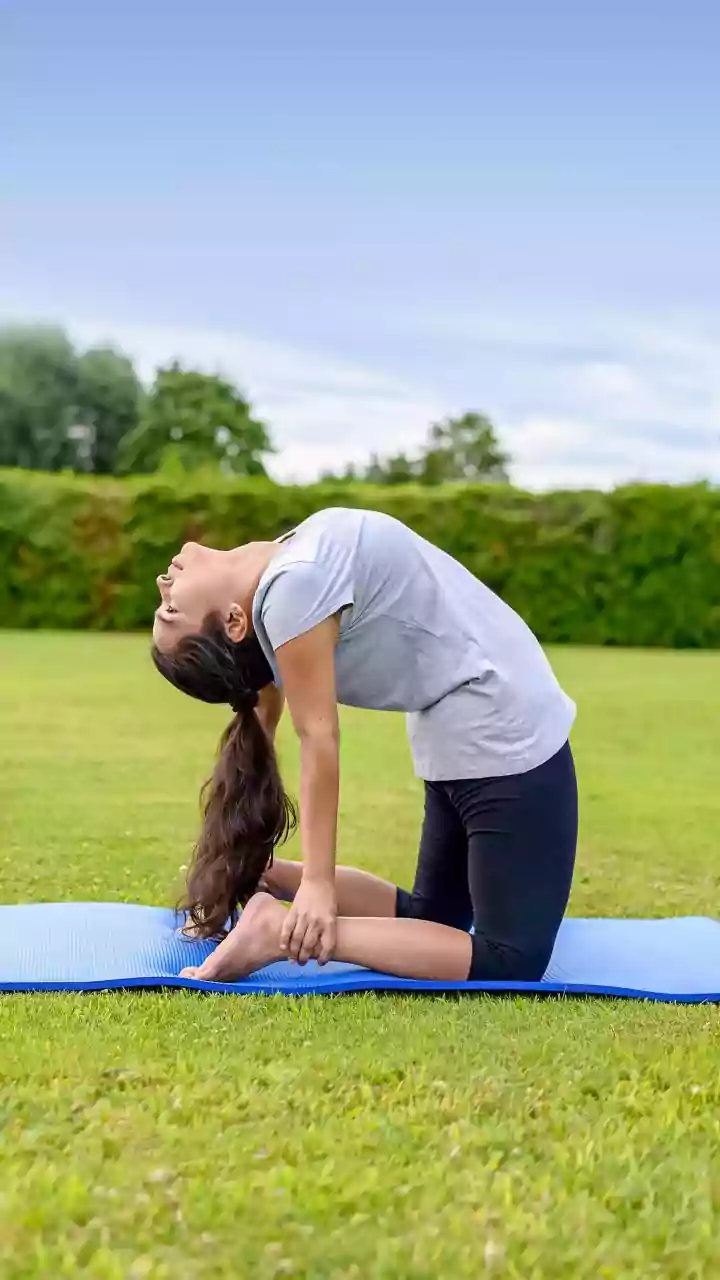Timing Is Crucial
Drinking water immediately after a workout might seem logical, but it's not always the best approach. The body undergoes specific physiological processes
post-exercise, and the timing of fluid intake can significantly affect these. It's important to understand how your body functions. After physical activity, the body's core temperature rises, and it begins to sweat to cool down, leading to fluid and electrolyte loss. Drinking too much water too quickly can dilute electrolyte levels. Instead, focus on rehydrating steadily and strategically. Consider the intensity and duration of the workout. Moderate workouts may require less aggressive rehydration than high-intensity or endurance sessions. Always listen to your body's cues; thirst is a reliable indicator. Drinking water in moderation after a workout is often helpful. However, it's best to hydrate gradually rather than all at once. This approach aids the body in efficiently absorbing fluids and electrolytes.
Electrolytes Matter
Water alone might not be enough to fully restore your body after exercise. Sweating causes a loss of vital electrolytes, including sodium, potassium, chloride, and magnesium. These electrolytes are essential for various bodily functions, such as nerve function, muscle contraction, and fluid balance. Replenishing electrolytes is crucial for recovery. To properly rehydrate, consider beverages or foods that contain electrolytes. Sports drinks are a convenient option, but be mindful of added sugars. Coconut water, natural fruit juices, and electrolyte-rich foods like bananas and spinach can also help. Pay close attention to your body's signals. If you experience muscle cramps, fatigue, or dizziness after a workout, it could signal an electrolyte imbalance. Tailor your electrolyte intake to the intensity and duration of your exercise. Short, light workouts may only require a small amount of electrolyte replenishment. Longer, more intense sessions may require more deliberate and substantial electrolyte replenishment. Drinking plain water may still be fine after a light workout, but for more intensive sessions, an electrolyte-rich drink is preferable.
Beyond Water Alone
While water forms the core of post-exercise hydration, it is not the sole element. The body needs a multi-faceted approach. Consider that exercise causes the body to lose more than just water; it also loses valuable electrolytes through sweat. A well-rounded recovery plan should include a combination of water, electrolytes, and potentially other nutrients to support your body's recovery processes. Adding a source of carbohydrates can also be beneficial, especially after intense or prolonged exercise. Carbohydrates help replenish glycogen stores, the fuel your muscles use during exercise. Fruits, whole grains, or a sports drink can contribute to carbohydrate replenishment. Protein is also vital for muscle repair and recovery after a workout. Protein shakes or protein-rich foods like eggs, chicken, or fish are great options. Your body needs more than water to thrive after exercise. Eating the right foods at the right time can drastically boost your recovery time.
Practical Hydration Strategies
Implementing effective hydration strategies can greatly enhance post-exercise recovery. A simple plan is to start sipping water or an electrolyte drink soon after your workout. Don't force yourself to drink excessive amounts all at once. Drink in small, consistent intervals throughout the post-workout period. Monitor the color of your urine. Pale yellow urine indicates good hydration, while dark urine signifies dehydration. The volume of urine output is also crucial. Frequent urination suggests adequate hydration, whereas infrequent urination might mean you need to drink more. Personalize your approach. Consider the intensity of your workouts, the climate, and your individual sweat rate when planning your hydration. If you're exercising in a hot environment or tend to sweat profusely, you will need to consume more fluids and electrolytes. Plan ahead and carry a water bottle with you to stay hydrated during your post-workout period. Create a hydration strategy that suits your unique needs and lifestyle.
Listen to Your Body
The most crucial aspect of post-exercise hydration is listening to your body. Your body gives you clear signals regarding its hydration needs. Thirst is a reliable indicator, so drink when you feel thirsty. Don't ignore the signals your body sends; they're essential to good health. Pay attention to your energy levels and any signs of fatigue or muscle cramping. These may indicate that your body needs more fluid and electrolytes. When you're properly hydrated, you should feel energized and ready to recover. Develop self-awareness and listen to your internal clues. Adjust your hydration plan based on how you feel and your training demands. Understanding your body's specific needs will optimize your overall performance and well-being. If you have any health concerns or specific questions about hydration, consult a healthcare professional. Listening to your body is key to making informed hydration choices.


















